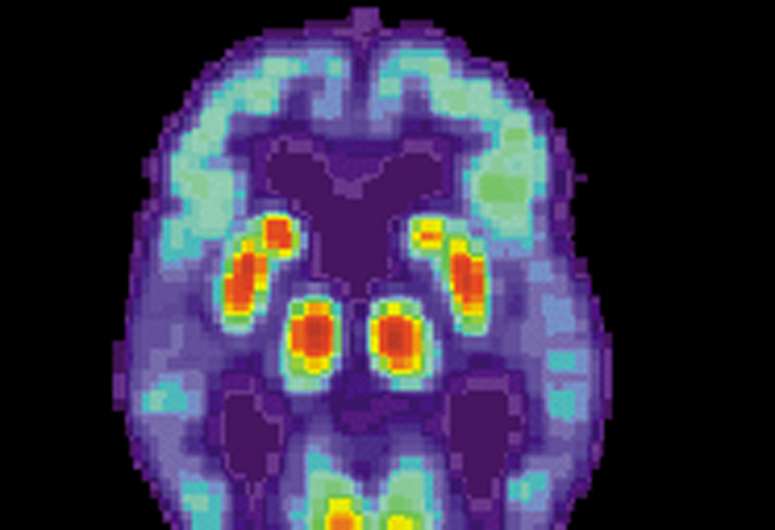Innovative Triple-Checkpoint Therapy Shows Promise for Resistant Melanoma

New triple-checkpoint immunotherapy demonstrates promising results in treating resistant melanoma, restoring immune response and reducing tumors without added toxicity. Source: sciencex.com
A recent study conducted by researchers at Moffitt Cancer Center has introduced a potentially groundbreaking approach for treating advanced melanoma patients who do not respond to conventional immunotherapies. Published in the Journal for ImmunoTherapy of Cancer, the research highlights the effectiveness of adding a third immune-targeting drug to existing checkpoint inhibitors, leading to significant tumor reduction in laboratory models of treatment-resistant melanoma.
Immunotherapy, which energizes the body's immune system to attack cancer cells, has improved survival rates for many melanoma patients. However, a substantial number of patients either do not respond initially or experience relapse. To overcome this challenge, scientists are exploring novel drug combinations that can better manage immune resistance.
This study focused on blocking key molecules involved in immune regulation—specifically PD-1, LAG-3, and TIM-3. Cancer cells often exploit these checkpoints to evade immune attack. The research team, led by Dr. Keiran Smalley of Moffitt’s Donald A. Adam Melanoma and Skin Cancer Center of Excellence, found that targeting all three checkpoints simultaneously resulted in remarkable tumor regression and restored immune activity, particularly in tumors resistant to standard treatments.
A notable finding was the role of TIM-3, a molecule frequently expressed on exhausted immune cells within tumors. By inhibiting TIM-3 along with PD-1 and LAG-3, the triple therapy generated a more potent and targeted immune response. Additionally, analyses of melanoma patient samples revealed that TIM-3 was more prevalent in individuals unresponsive to existing immunotherapies, suggesting that TIM-3 blockade may serve as an effective second-line treatment.
Encouragingly, this triple-drug combination did not increase toxicity, implying that it could be safe for future clinical trials. Dr. Smalley expressed optimism about translating these findings into therapeutic options for melanoma patients with limited current options, emphasizing the potential for this strategy to improve patient outcomes.
This study represents a significant step toward personalized immunotherapy, aiming to tailor treatments based on tumor immune profiles and resistance mechanisms. As research advances, such combination therapies could redefine melanoma management and improve survival rates for resistant cases.
Stay Updated with Mia's Feed
Get the latest health & wellness insights delivered straight to your inbox.
Related Articles
Legal Barriers Limit Harm-Reduction Efforts for Methamphetamine Users in New Zealand
Legal restrictions in New Zealand prevent distributing safer smoking kits for methamphetamine users, limiting harm reduction efforts despite international evidence supporting their benefits for health and safety.
Revolutionary AI Tool Promises Better Diagnosis and Management of Type 1 Diabetes
A new AI-powered risk assessment tool utilizing microRNAs offers early detection and personalized treatment predictions for type 1 diabetes, promising to revolutionize disease management.



